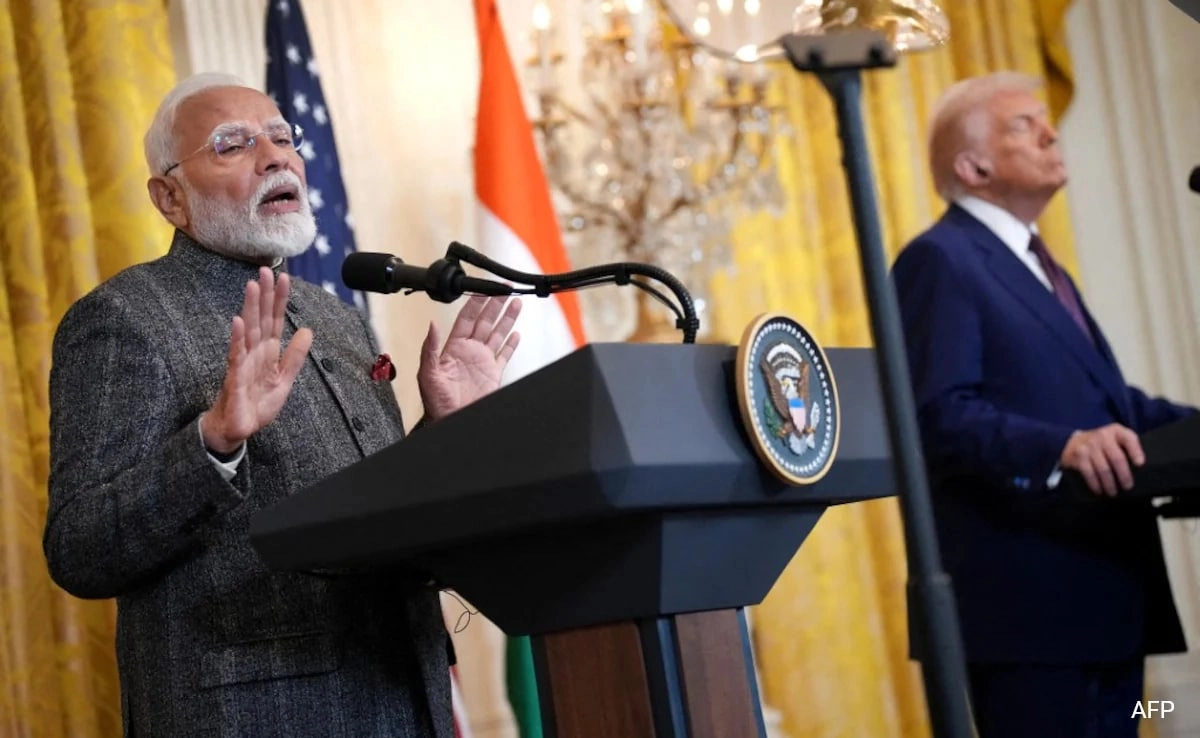Former President Donald Trump has made headlines again with his recent statements regarding the ongoing conflict between Russia and Ukraine. In a bold declaration, he warned that he would impose “very severe tariffs” on Russia if an agreement to end the hostilities in Ukraine is not reached. This assertion highlights the increasing urgency many feel regarding the need for a resolution to the conflict, which has caused significant geopolitical instability and humanitarian crises. Trump’s comments come amid a broader discussion about how to effectively respond to Russia’s actions and support Ukraine in its struggle for sovereignty and territorial integrity.
The implications of Trump’s potential tariffs could be far-reaching, affecting not just the Russian economy but also global markets and supply chains. Tariffs are a tool often used to exert economic pressure, and in this context, they would aim to penalize Russia for its military actions in Ukraine. The former president’s rhetoric suggests a willingness to take a hardline stance that aligns with certain segments of the American political landscape that advocate for strong measures against Russia. However, the feasibility and potential consequences of such tariffs must be carefully considered, as they could provoke retaliation from Russia and further escalate tensions between the two nations.
Moreover, Trump’s comments reflect the broader sentiment among some American leaders who believe that economic sanctions and tariffs can serve as effective mechanisms for influencing foreign policy. The administration in power may view such threats as a means to unify support for Ukraine and demonstrate a commitment to international alliances. However, critics argue that relying on tariffs could lead to unintended repercussions, including economic strain on allies and increased hardships for the Ukrainian people. As the international community continues to monitor this situation, the prospect of severe tariffs adds another layer of complexity to the already challenging dynamics of the Russia-Ukraine conflict.
Ultimately, the call for a diplomatic solution remains paramount, and many hope that negotiations can lead to a peaceful resolution without the need for escalating economic warfare. The situation in Ukraine serves as a pivotal moment in contemporary geopolitics, prompting discussions about the efficacy of tariffs, sanctions, and military support. Trump’s threats may resonate with certain factions, but the real challenge lies in finding a sustainable and just resolution that prioritizes the well-being of the Ukrainian people while addressing the underlying tensions between Russia and the West.




